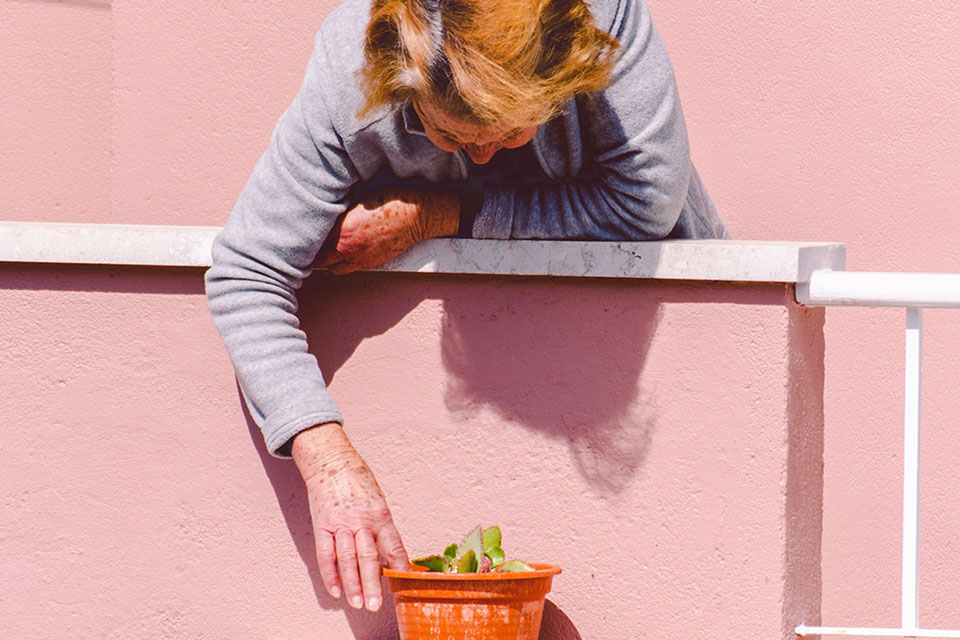Coping with Loss as We Age
Coping with loss is a constant in life as we get older. There are both minor and significant losses. We can lose our hair, bone density, eyesight, hearing, best friend, and spouse, among other physical traits, abilities, and relationships. Grief, loneliness, and despair can result from these losses. When we are coping with loss, it’s possible that when we wake up in the morning, we experience an intense sadness that begins before our conscious mind even becomes aware. This sadness serves as a reminder that what happened wasn’t just a bad dream. Geriatric and aging-related issues While some adults may eagerly look forward to retirement, grandchildren, or simply a new stage of life as they enter their golden years, others may dread the negative effects of aging on their bodies and minds. If they do encounter physical difficulties that restrict their mobility, it might be challenging for some adults to make the transition to retirement, deal with new frailty or medical conditions, or find enjoyable, fulfilling activities. Santa Clarita Christian Counseling provides compassionate support to help older adults navigate these transitions with grace, purpose, and a renewed sense of hope. Some older adults may find it difficult to accept their mortality, especially when friends, peers, spouses, or partners pass away. As a result, they may experience isolation after several such deaths. Alzheimer’s disease and other forms of dementia, which affect one in ten Americans of retirement age, may make it difficult for older adults to take care of basic needs. Some older adults may experience discrimination based on one’s age known as ageism. This practice may result in forced retirement or cause well-meaning family members to disregard an older adult’s preferences or opinions. A United Nations Population Survey found that 43% of people over the age of 60 were [...]


